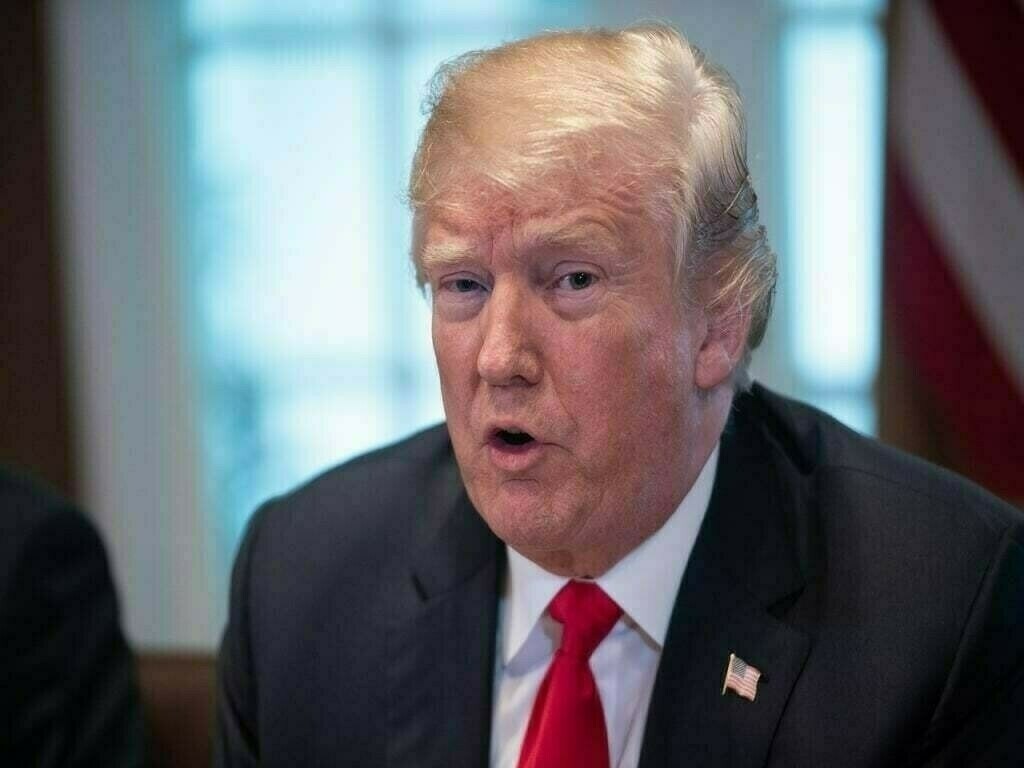
WASHINGTON, Feb 19, 2024 (BSS/AFP) - Donald Trump on Monday ended his
lengthy silence on the death of Alexei Navalny, in a statement that avoided
criticism of the Kremlin and instead portrayed the Russian opposition leader's
sudden passing as a sign of a collapsing United States.
Navalny died in unexplained circumstances at age 47 in an Arctic prison
last week, shocking Russia's exiled opposition as well as the West, where
leaders have blamed President Vladimir Putin and authorities in Moscow.
But former US president Trump, who is leading in Republican Party primary
polls ahead of the United States' November elections, had been mum on the issue
-- in the face of growing criticism -- until a Monday social media post which
focused on what he called a "failing" America.
"The sudden death of Alexei Navalny has made me more and more aware of what
is happening in our country," Trump said on his Truth Social website.
"It is a slow, steady progression, with crooked, radical left politicians,
prosecutors and judges leading us down a path to destruction."
Trump decried "open borders, rigged elections and grossly unfair courtroom
decisions" in the United States, which he called "a nation in decline."
The post did not mention the Russian government or Putin.
Trump's main rival for the Republican nomination, Nikki Haley, dismissed
the post as "unhinged" and said Trump was "declaring himself the victim."
"Did he condemn Putin as the brutal thug that he is? No. Did he praise
Navalny's courageous fight? No. Did he acknowledge Putin's role in killing
Navalny and so many others who dared to stand up to the Russian dictator? Of
course not," a statement from her campaign said.
The statement came a day after Haley, who is trailing far behind Trump in
the Republican primary, criticized him for his initial silence, calling it
"concerning" and "a problem."
Trump also recently stunned Western allies after saying he would
"encourage" Russia to attack members of the NATO military alliance who had not
met their financial obligations.
Putin has long been admired by certain strains in the US hard-right,
including by Trump, who has a history of praising the Kremlin leader, for
example calling him a "genius" and more credible than US intelligence.